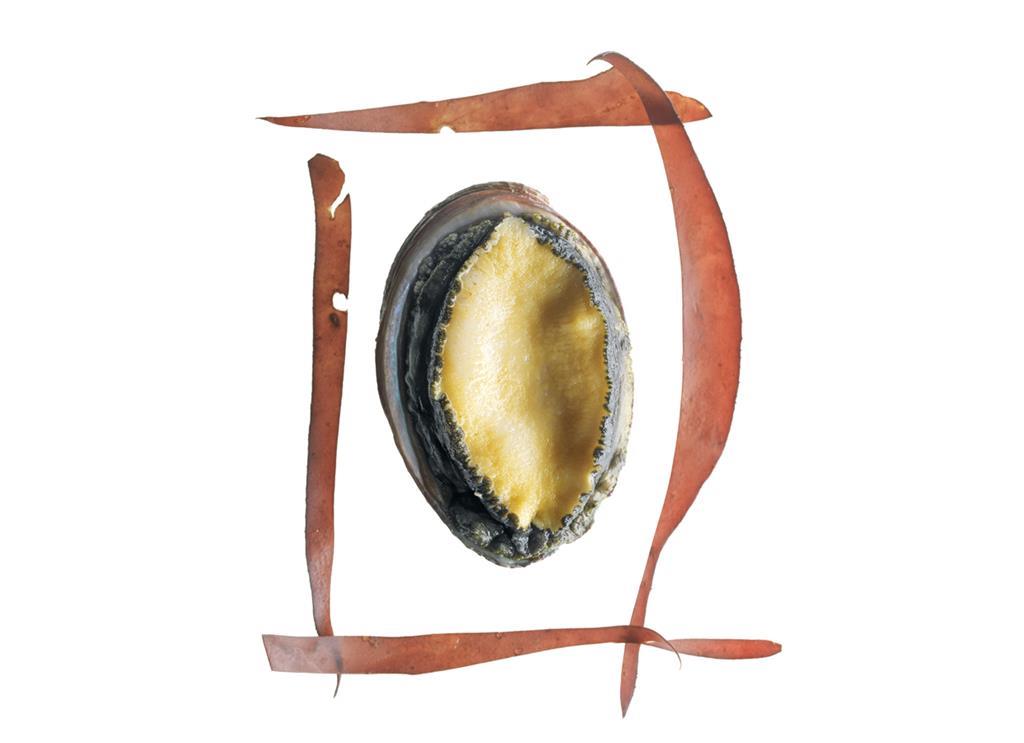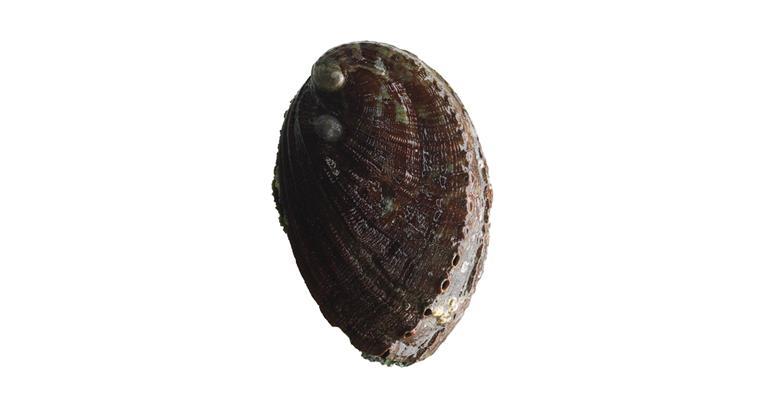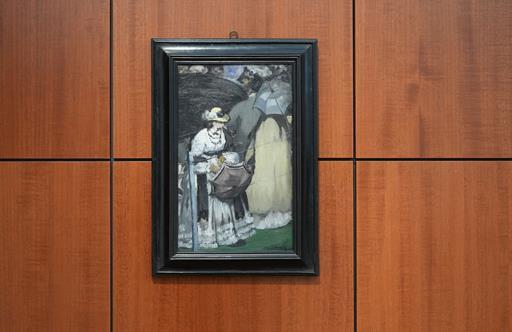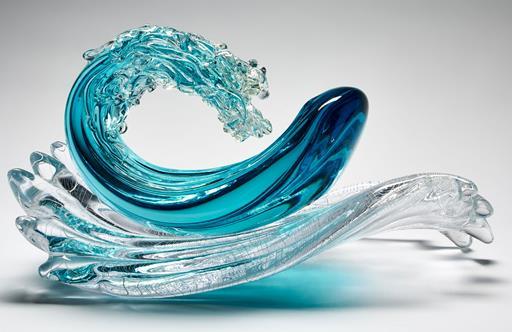The Truffle of the Sea
A victim of overfishing, the abalone is appearing once again on menus across the globe. Jeffrey T Iverson meets the man who saved the most cherished shellfish in the world
On a recent winter afternoon, marine biologist Sylvain Huchette was standing on the deck of a 12m fishing boat off the rocky coast of Brittany. The weather had turned overcast, the boat was rolling with increasingly large waves, and rain was starting to fall. Others might prefer to be home with a cup of cocoa, but Huchette appeared as if there was nowhere else he’d rather spend the afternoon before Christmas Eve. “I don’t have a sailor’s bone in my body,” he says, while ship captain Iain, operating a crane from the boat’s stern, raised a seaweed-covered cage from the water. “At first I had a lot of green-faced days out here, but I stuck with it, because this is what I love.”
When the cage comes to rest on the deck, they unscrew and open the top, revealing a surprising tangle of red seaweed, brown crabs, spiny bullhead fish, shrimp, colourful squat lobster and, above all for Huchette, numerous abalones – the rarest, most prized shellfish in the world. Huchette gently removes one of the animals the size of his palm from the cage wall, revealing its fleshy underbelly, and a flash of the mother-of-pearl interior of its shallow, ear-shaped shell. After three years spent on the floor of l’Aber Wrac’h bay off the northwest tip of France, this abalone and its cagemates are ready to be harvested. “These will spend the holidays on the plates of our clients,” says Huchette. Back on shore, the abalones will indeed be sorted, packed fresh and express-delivered to chefs and gourmands around the world.
If Huchette’s client list has included such celebrated restaurants as Ferran Adrià’s sadly departed El Bulli in Spain and Eric Briffard’s George V in Paris, it’s because nowhere else are abalones produced quite like they are at France Haliotis, the first sea-based farm in Europe, founded in 2004. Wild stocks of European abalone have collapsed over the years, as have other populations around the world, victims of overfishing. Prices have concurrently exploded (as much as EUR 1,000 per kilogram for dried abalone on Asian markets). Drawing on scientific expertise gained during his doctoral thesis on abalone reproduction at farms in Australia, Huchette developed what he believes is the first truly sustainable way to ensure abalone remains a part of our gastronomic tradition.
Refusing the labour- and energy-intensive approach of closed-circuit tank farming and the use of feed pellets, Huchette raises millions of baby abalones in his hatchery on the same diet of micro algae they’d have in the wild. When they reach 1cm, they are placed back in their cool, native waters of l’Aber Wrac’h in specially designed cages, and fed only with locally collected, greatly abundant seaweed like red dulse (palmaria palmate), which is ambrosia to abalone, rich in potassium, iodine, iron and protein. Huchette’s abalones don’t suffer the mortality rates that led past closed-circuit farms in Europe to bankruptcy – indeed, they are thriving. Today, France Haliotis has become the European industry leader, providing eggs and sharing expertise with new farms from Ireland to Spain. In October, they became the first certified organic abalone farm in the world.
“I’m not here to farm for quantity,” says Huchette. “The whole team here is proud and passionate about what they do because we know the product we offer is different. These are animals that have lived well.” And chefs like Eric Guérin, of the Michelin-starred restaurant La Mare aux Oiseaux off the Atlantic coast, believe that explains the consistently impeccable taste and tenderness of France Haliotis abalones. “They arrive ultra-fresh and just magnificent,“ he says. “There is nothing better than a product raised in its natural environment. For me, there’s a sensation of life we feel – it’s a product that simply tastes more alive.”
And back in l’Aber Wrac’h, seeing the sparkle in the eyes of Huchette as he opens a cage to reveal an entire ecosystem of marine life coexisting with his coddled creatures, one quickly concludes Guerin must be right.


















